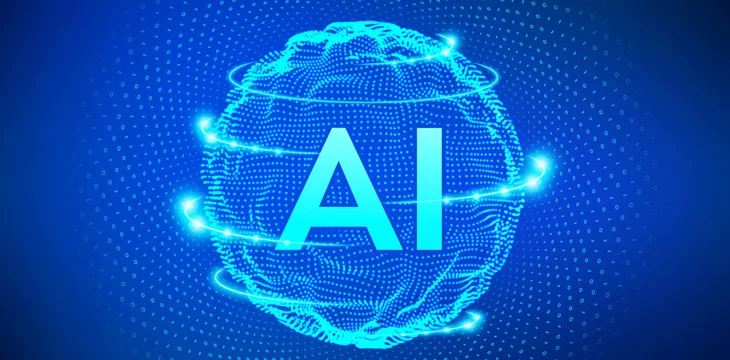|
Getting your Trinity Audio player ready...
|
A new report from MarketsAndMarkets predicts that the market capitalization for artificial intelligence (AI) could climb as high as $1.3 trillion before the decade’s end.
The AI industry forecast hinges on several factors, including the innovative strides and
adoption metrics recorded in the ecosystem since late 2022. The report pegs the market size at just over $150 billion, eyeing a compound annual growth rate (CAGR) of 36.8% until 2030.
The report tracks the capital inflow from venture capital (VC) firms into fledgling AI startups and high-profile partnerships inked by large technology firms.
“This trend is fueled by advancements in algorithms, machine learning techniques, and natural language processing, enabling the development of sophisticated autonomous AI systems,” read the report. “These systems offer improved accuracy and reliability, attracting organizations from various industries.”
While machine learning systems are poised to contribute a chunk to the expected growth,
generative AI systems are the leading drivers of the industry’s renaissance. OpenAI’s
ChatGPT opened the floodgates in late 2022, with Google (NASDAQ: GOOGL) and Meta (NASDAQ: META) scrambling to release their offerings in the jostle for market share.
The commercial release of their AI offerings was an instant hit, with enterprises and private users turning to large language models (LLMs) to improve their productivity and efficiency.
Outside of the warm reception, the report predicts a massive spike in technical innovation, buoyed by a trove of accessible data in recent years.
“AI thrives on data, and the availability of large and diverse datasets enables AI systems to learn, analyze, and make accurate predictions,” the report noted. “The more data available, the better AI algorithms understand patterns, AI trends, and correlations.”
Expanding use cases for AI is expected to power its march to a $1 trillion industry in the coming years. To date, AI has seen action in finance, health, blockchain technology,
education, security, and manufacturing, with proponents keen to expand the frontiers of the technology.
An existential crisis for AI
While the AI steam train appears to be moving toward an innovative future, there are concerns that progress may be derailed in the coming years. Experts point to the raging
copyright issues plaguing the sector, accentuated by several creators dragging AI firms to court for violating their intellectual property rights.
Furthermore, the fear of superintelligence of AI systems continues to lurk in the dark for the ecosystem amid the threat of harsh government legislation. Other risks include job losses, the spread of misinformation, and misuse by bad actors to perpetrate fraud via
deepfakes.
In order for artificial intelligence (AI) to work right within the law and thrive in the face of growing challenges, it needs to integrate an enterprise blockchain system that ensures data input quality and ownership—allowing it to keep data safe while also guaranteeing the immutability of data. Check out CoinGeek’s coverage on this emerging tech to learn more why Enterprise blockchain will be the backbone of AI.
Watch: AI Forge masterclass—Why AI & blockchain are powerhouses of technology

 07-12-2025
07-12-2025 





